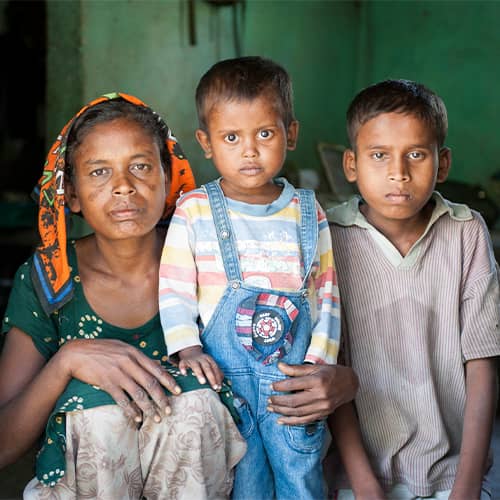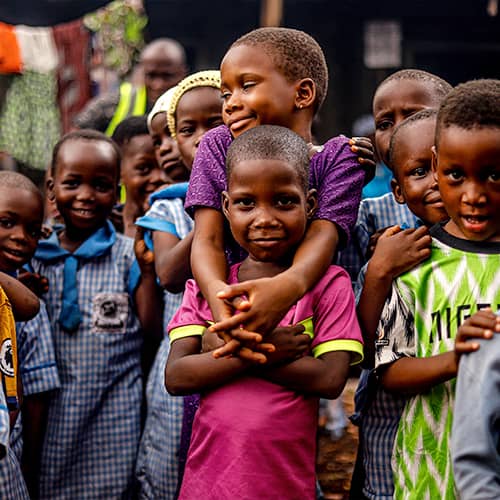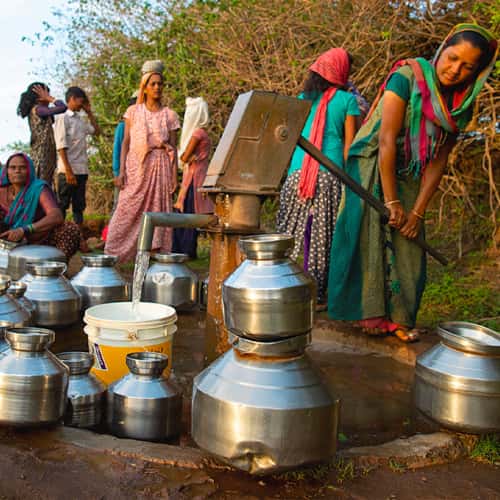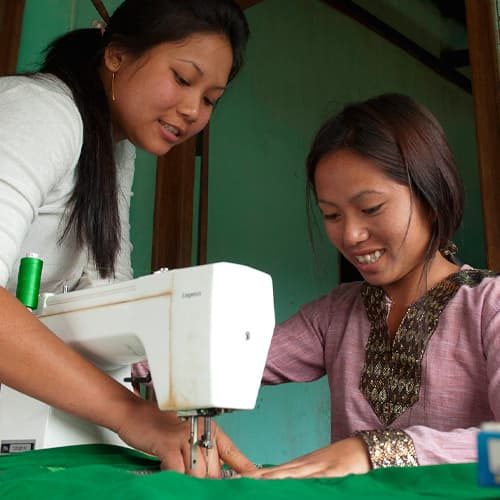What is the War on Poverty?
The term “war on poverty” is usually used to refer to expansive social legislation introduced by President Lyndon B. Johnson in the 1960s to end poverty in the United States. He introduced an “unconditional war on poverty” in his first State of the Union address in January 1964. This rhetoric quickly found its way into laws and the creation of new programs and agencies.[1] The efficacy and impact of this legislation in America are not within the scope of this article. Instead, this will be looking at the wider range of a modern war on poverty around the globe.
To address the issue, the question “why is poverty a problem” needs an answer. There are over 700 million people living on less than $1.90 a day, which is about 10% of the world’s entire population.[2] Poverty has dire consequences with malnutrition, contaminated water and poor sanitation and hygiene causing many preventable deaths, especially for children under five. The 2017 UNICEF Child Mortality report states that in poorer areas, one child in every thirty-six dies in their first month of life, many of them from curable diseases like malaria, diarrhea and pneumonia.[3] Of all these children living in extreme poverty, 75 percent of them live in sub-Saharan Africa and Asia,[4] which is where GFA World has focused its efforts over the last forty years and will continue to do so moving forward.
GFA World addresses food poverty with its efforts by focusing on providing children with proper education and nutrition. The task is vital because as many as one in three children in sub-Saharan Africa experiences stunted growth, not getting the vitamins they need from their food. This stunted growth impacts a child’s cognitive ability, making it even harder for them to learn in school,[5] assuming they can attend school at all. In that region alone, 32 million children—mostly girls—do not go to school.[6] Thus, one of the first initiatives GFA began in Rwanda was a branch of their child sponsorship program, which helps ensure that children get an education, food, necessary medicine and supplements. The medical ministry includes distributing vitamin A—which helps in eyesight development—and deworming tablets—which remove parasites from the body.
Worsening the food shortage is a water crisis in Africa; more than a quarter of the whole continent has no access to safe drinking water.[7] GFA World installs Jesus Wells, bringing clean water to villages and families that never had it before. Two wells have been drilled in Rwanda—with many in place in Asia already—and more are on the way in Africa. These Jesus wells can serve an average of three hundred people daily and can last around twenty years.[8]
Another way that GFA World contributes to poverty alleviation is by gifting income-generating gifts to impoverished families. These include sewing machines that men and women can use to become tailors and earn extra income. GFA also distributes farm animals, such as cows, chickens and pigs which give poor families and villages brighter hope for the future. They can use the meat and milk from the animals to better feed their kids or sell for extra money. Larger creatures can help with plowing and fertilizing crops, which increases yield and profitability. The animals reproduce, and their offspring can then be sold, leading families out of extreme poverty and substantially brightening their circumstances.[9]




Comments
Post a Comment